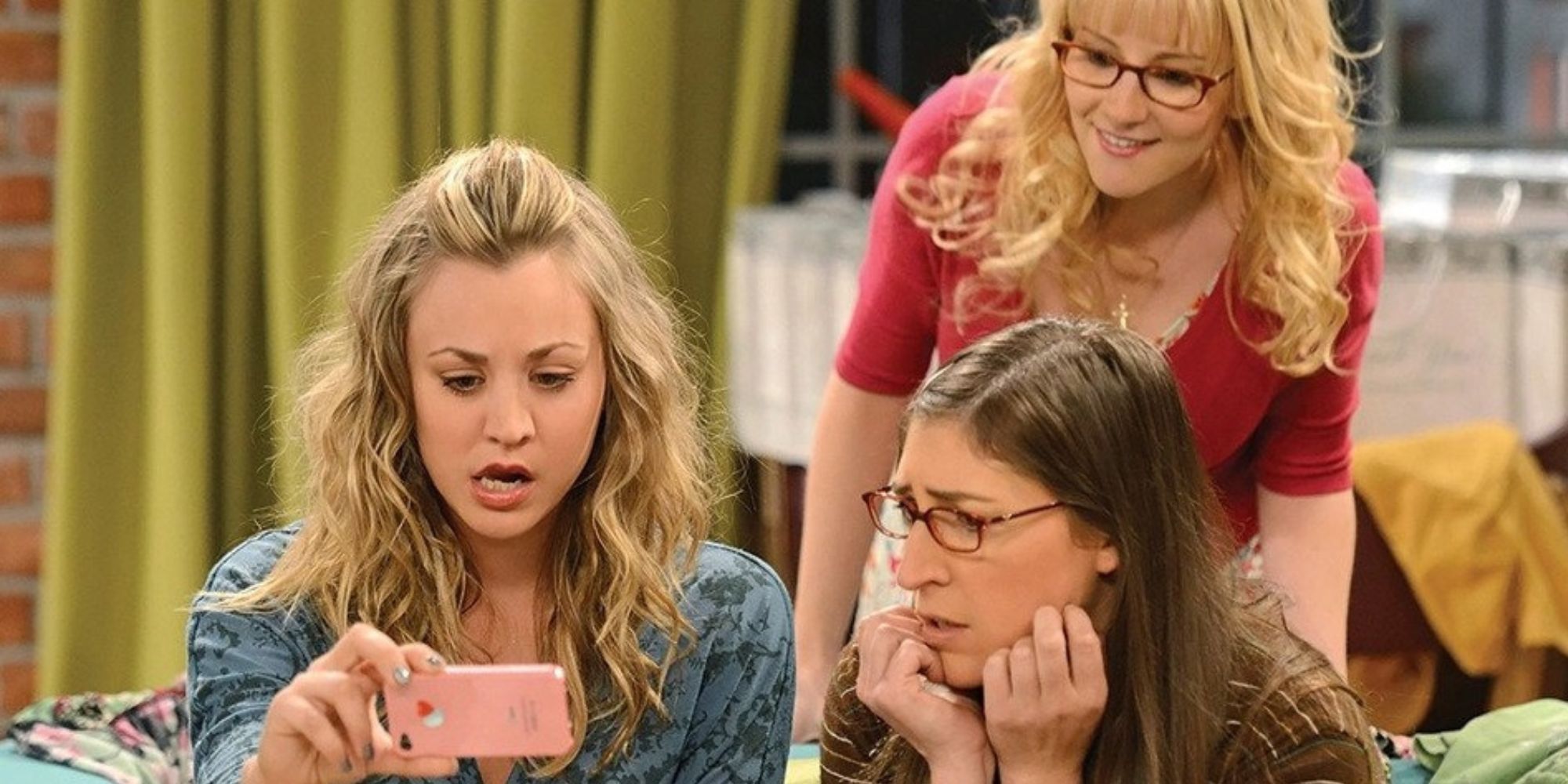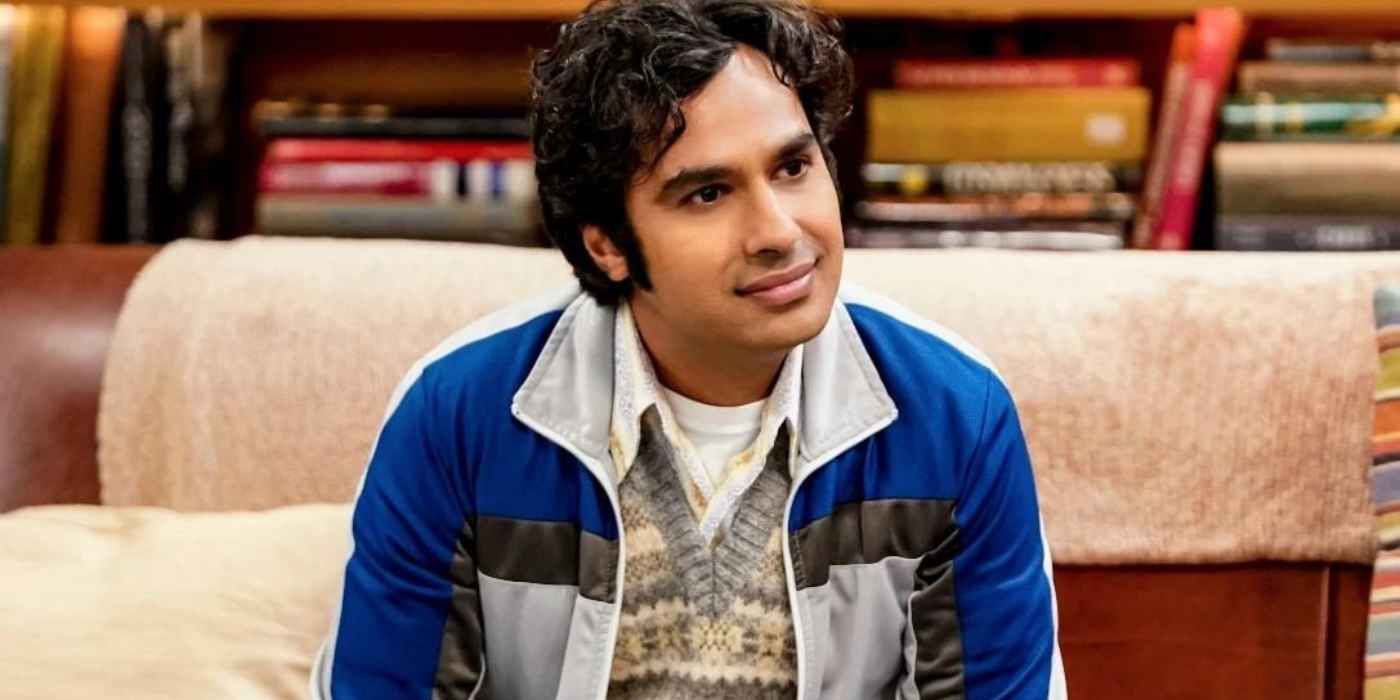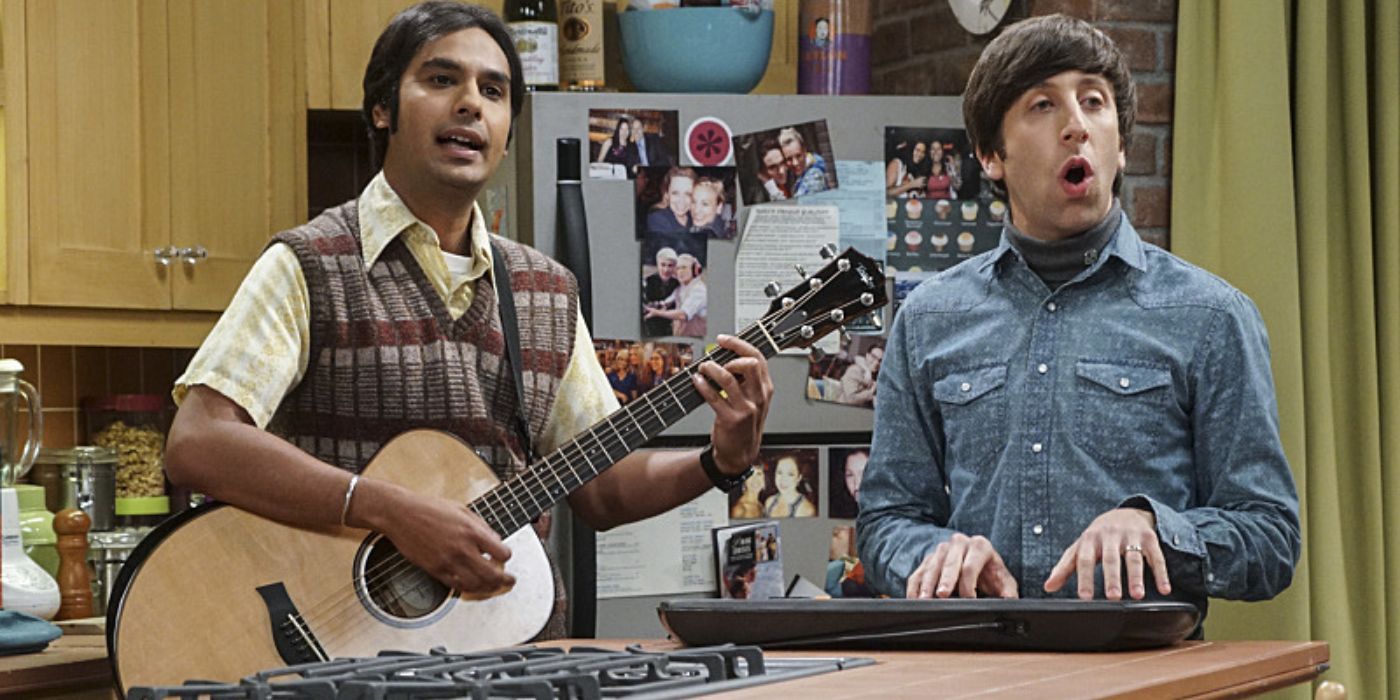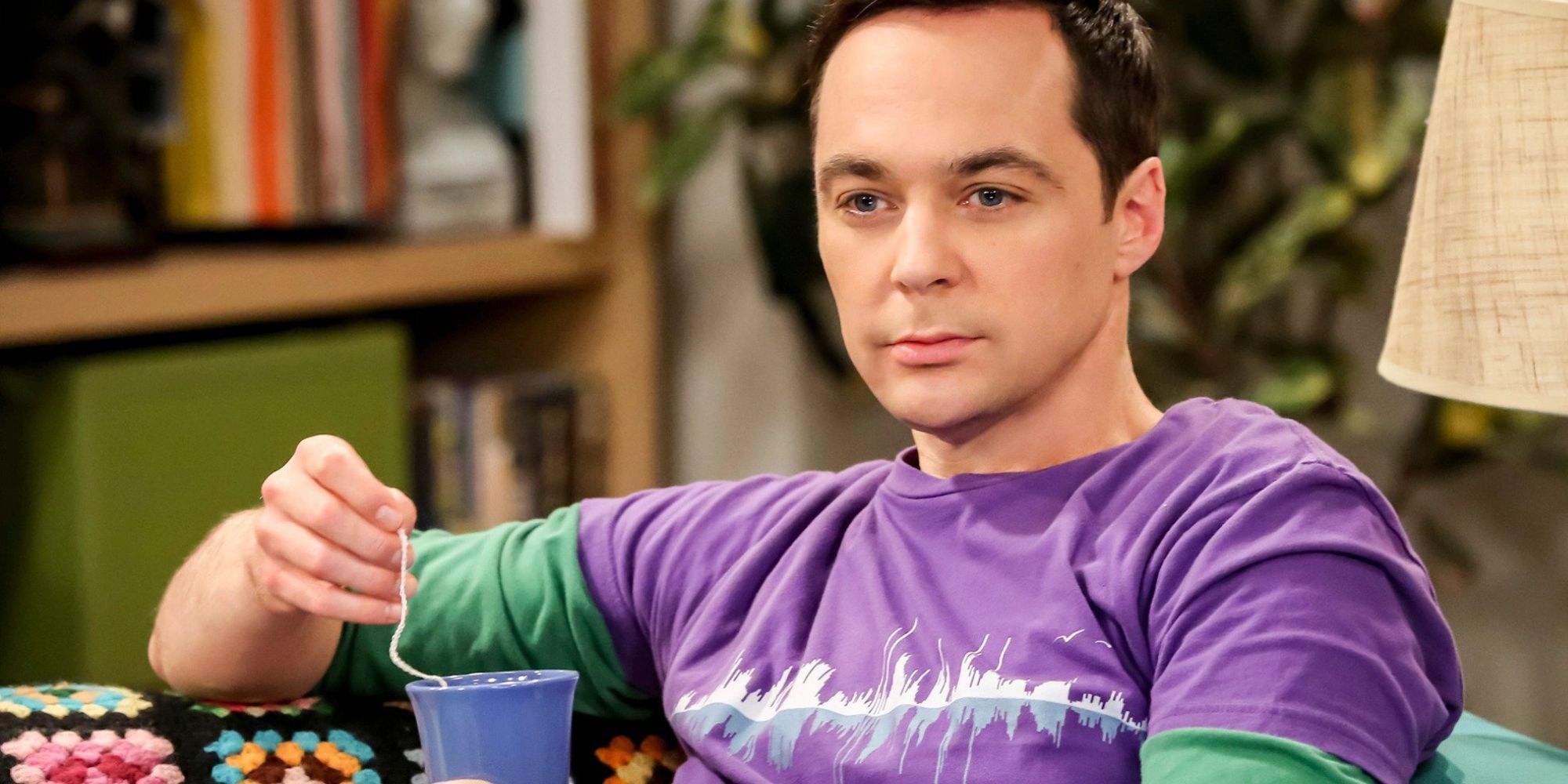
How does a cultural juggernaut become a massive annoyance?
Just a few years ago, you couldn’t go anywhere without seeing or hearing something about The Big Bang Theory. People wore “Bazinga!” and “I’m not crazy, my mother had me tested” tee shirts, the Soft Kitty song was known by almost everyone, people played Rock, Paper, Scissors, Lizard, Spock, and there were even board games and trivia based on the series. For a while, the show was something of a cultural juggernaut. Most people had seen at least an episode or two, and millions were tuning in every week to see the next batch of antics from their favorite nerd herd. So, it begs the question: why is The Big Bang Theory so insufferable now?
The pop culture period The Big Bang Theory came into was a little different from what we know now. The first major Marvel movie, Iron Man, wouldn’t come out until the next year. Dungeons and Dragons was still something people thought was played in basements by losers. Very few anime films were shown in theaters. In short, when the series premiered in 2007, it wasn’t “cool” to be a nerd yet. So, it was easy to have a good laugh at this group of awkward guys who seemed unable to get a date and just did generally “weird” things, like playing interdimensional chess and cosplaying. However, as time passed, The Big Bang Theory became less funny and more annoying.
A woman who moves into an apartment across the hall from two brilliant but socially awkward physicists shows them how little they know about life outside of the laboratory.
‘The Big Bang Theory’ Makes Fun of “Nerds” — But It Doesn’t Work
A big draw of The Big Bang Theory in its early seasons was the over-the-top geekery of the main characters. It was entertaining to watch Leonard (Johnny Galecki), Sheldon (Jim Parsons), Raj (Kunal Nayyar), and Howard (Simon Helberg) be the odd men out, while at the same time being the majority of the main cast. However, as time went on, that joke became tired. There are a number of scenes drowning in laugh tracks that don’t even contain any jokes; they just involve the characters saying vaguely nerdy things. A great example of this is the Season 4 episode “The Engagement Reaction,” where the group is playing a card game called Mystic Warlords of Ka’a. They say the name of each card as they put it down while the laugh track goes on and on. However, there’s no joke in the scene until the end, when Sheldon puts down a card of his own creation. We’re meant to laugh simply at the “nerdiness” of it all, even though it’s just a card game, like literally anyone would play.
Throughout the run of The Big Bang Theory, the pop culture landscape changed at an incredible rate. Comic book films became mainstream; video game and tabletop game streamers found a niche and grew exponentially, and so did the games they covered; YouTubers like Joey Bizinger, Connor Colquhoun, and Garnt Maneetapho gained millions of followers who wanted to hear all about Manga and anime… basically, nerdy became mainstream. This shift wore on The Big Bang Theory more and more as it continued. People grew tired of nerds being shown as people who had no understanding of pop culture outside high fantasy and science fiction, and more importantly, the trope of the intellectually superior nerd became insufferable. It was no longer entertaining to see Sheldon consider himself the smartest person in the room, or for Leonard to take down Penny’s (Kaley Cuoco) partners by making “obscure” references and using science as a tool to confuse and belittle. More and more people were understanding these pop-cultural references and were engaging in the same activities as the characters in the show. Thus, a lot of the humor was taken out of the show.
Sexism, Racism, and Homophobia Run Rampant in ‘The Big Bang Theory’
Beyond its outdated portrayal of nerd culture, The Big Bang Theory has a myriad of other issues. One of the most notable is its misogyny, especially when it comes to the series’ female leads: Penny, Bernadette (Melissa Rauch), and Amy (Mayim Bialik). However, it extends to most of the female characters on the show, particularly in the early seasons. Howard is, by far, the main perpetrator of the show’s misogynistic tone. He is often shown committing acts of sexual harassment, such as making gadgets to spy on women, reinforcing gender roles by expecting his partner Bernadette to do the majority of the domestic duties, becoming incredibly jealous and insecure about Bernadette earning more than him, and generally objectifying and demeaning women. However, all the male characters have moments where they objectify women, or generally appear clueless about the fact that women are people at all.
Penny is at the center of most of the misogyny in The Big Bang Theory. She is meant to fill a “dumb blonde” trope, and the other characters often insult her intelligence, her job, and her career goals. For most of the series, she is shown to be someone who knows that she’s pretty, and uses that to get what she wants. On several occasions, she is even called offensive names such as “slut.” However, there are many times when she herself contributed to the show’s misogyny. This happens primarily during the period when Leonard is dating Priya (Aarti Mann). Penny, Bernadette, and Amy often engage in “Priya bashing,” where they say bad things about Priya’s clothes, looks, and general personality simply because she’s dating Penny’s ex-boyfriend.
There’s also the problem of casual racism in The Big Bang Theory. Raj is usually at the center of this issue, as the only main character who is a person of color. There are multiple instances of Howard imitating Raj’s accent in an exaggerated way, and mocking the dancing found in Hindi cinema. Insensitive comments about culture and race are common in the series in general, especially from Sheldon, though this is usually brushed off due to him being from East Texas. This is also common in the show’s prequel series, Young Sheldon, though the comments are usually directed toward Tam (Ryan Phuong). In addition, Howard is subject to a number of Jewish stereotypes, one of which — his overbearing relationship with his mother — is at the core of his character. He is portrayed as a weak, timid “mama’s boy,” and most mentions of his religion are meant to be a punchline for a joke. In addition, he’s the only character who has his religion as a focal point of his personality; other characters mention theirs in passing, but their other traits are focused on far more. This, in a sense, others Howard from the rest of the characters.
Homophobia is also frequent in The Big Bang Theory, particularly towards Howard and Raj, and Amy and Penny. Howard and Raj are really close friends, often doing things some might consider “romantic” and bickering like a couple. This prompts people to ask about their “latent homosexual tendencies” and in Raj’s case, many people comment on his comfort with femininity and use this as proof that he’s actually gay. Similarly, Amy and Penny come to have a very close friendship, and we often see Amy being uncomfortably intimate with Penny, once kissing her without permission and following her to the bathroom. Both of these examples hold homophobic sentiments; it’s a stereotype that all men who are feminine in any way are secretly gay or that all gay men are feminine, and it’s a stereotype that women who experience attraction to other women are aggressive or predatory, overstepping boundaries constantly
Sheldon Cooper Fails at Representing Neurodivergent People
This one is hotly debated, as Sheldon is never specifically stated to be on the autism spectrum. However, he exhibits many of the common neurodivergent traits that people recognize, such as the need for routine, having hyperfixations and special interests, repetitive behaviors and rituals, touch aversion, sensory difficulties (especially with smells), and difficulty relating to others. While this in and of itself isn’t necessarily an issue — even though there are plenty of issues with neurodivergent representation being predominantly white, male, and exclusive to super-geniuses — there is an issue with how Sheldon is treated and how he treats others.
Firstly, the way Sheldon is treated by others makes his mannerisms the butt of the joke. People consistently point out the pointlessness of the running gag of him knocking nine times, in groups of three each time. No explanation is given as to why Sheldon does this, and we shouldn’t need one; it’s a harmless action that makes him more comfortable. Similarly, he’s often made fun of for needing to have a specific seat in his apartment (his apartment, that he pays for and lives in, by the way) and people take joy in doing things that interfere with the seat — and with his routines and rituals in general — thus making him upset. It’s common for other characters to be unsympathetic to issues that Sheldon faces due to disruptions in his routine or struggles with being in social situations, though many of these behaviors are harmless, albeit a bit inconvenient. This lack of sympathy normalizes bullying towards neurodivergent people, even if the character is never stated to be neurodivergent.
Secondly, there is a serious issue with Sheldon being infantilized by other characters, particularly Penny and Leonard. For example, his interest in model trains is typically addressed by other characters as “childish” or “immature,” and his need for certain things during vulnerable moments, such as having the Soft Kitty song sung to him, is always played for laughs. In addition, there are far too many moments where Penny and Leonard act like parents to Sheldon. The best example of this is the episode after Leonard and Penny’s breakup, where Sheldon is obviously distressed by the change and tries to spend time with both of them without making the other one upset. Leonard and Penny treat him like a child, telling him when to go to bed, reminding him to use his manners, and telling him what he should and shouldn’t eat. This is an extremely harmful stereotype that paints neurodivergent adults as unable to care for themselves.
On the other hand, though, Sheldon is also often shown to be condescending, rude, cold, and lacking empathy. His friends’ annoyance with him is usually in response to him belittling them or being uncaring about their issues. He often doesn’t care when they tell him he’s hurt their feelings, and there are many times when he’s outright manipulative towards his friends to get his way. This feeds into a stereotype about neurodivergent people being completely without empathy, and unable to distinguish between right and wrong and change their behavior when confronted. While this does get better in later seasons, it’s still all too often that we see Sheldon as being mean or condescending and getting away with it because he’s “weird” or “just like that” — another poor stereotype that robs neurodivergent people of their autonomy and ability to be held accountable for their actions.
Ultimately, The Big Bang Theory is hard to watch today because it aged poorly. There are so many jokes about women and marginalized groups that range from cringe-worthy to rage-inducing, and while no characters are confirmed to be neurodivergent, at least two of them show very common symptoms and are often infantilized and treated as a joke. It’s hard to go back and look at a show that you once found funny and realize it’s simply not.




